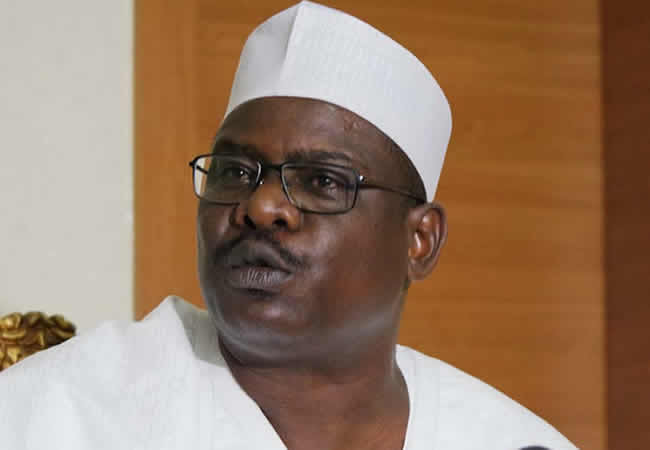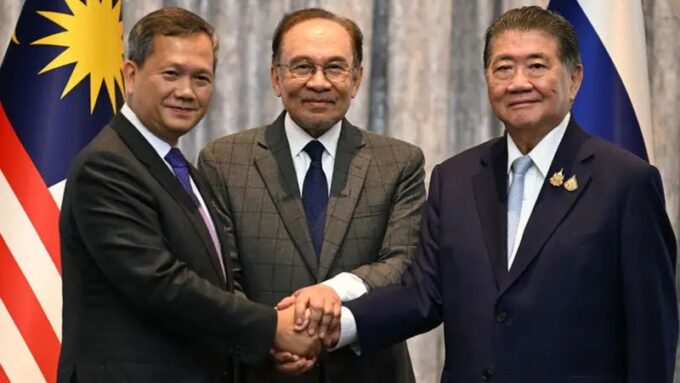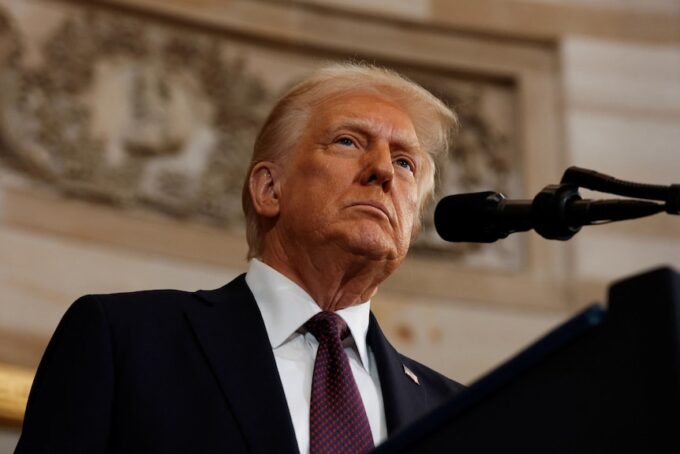News | Events | Digital PR | Advertising
Senator Ali Ndume Opposes Tax Reform Bills, Cites Suspicious Urgency and Poor Timing

The lawmaker representing Borno South Senatorial District, Senator Ali Ndume, has voiced his opposition to the tax reform bills currently before the National Assembly. He expressed concerns over the urgency with which the Presidency and some lawmakers are pushing for their passage.
Describing the process as suspicious, Ndume called for a more deliberate approach to the proposed legislation, which was transmitted to the National Assembly by President Bola Tinubu on October 3. The bills, which aim to establish a Joint Revenue Board, a Tax Appeal Tribunal, and an Office of the Tax Ombud to streamline Nigeria’s revenue administration, passed their second reading in the Senate on Thursday, November 28.
Speaking on Channels Television’s Politics Today, Ndume urged the Presidency to follow the advice of the National Economic Council (NEC) and withdraw the bills for broader consultation.
“It’s not that I’m saying we should throw the baby out with the bathwater, but since the governors, the NEC, and many others have recommended withdrawing the bills for further consultation, why the rush? It raises suspicion,” Ndume said.
He compared the tax reform bills to the Petroleum Industry Bill (PIB), which took years of debate and extensive consultation before being passed. He recounted that the PIB was first introduced during his tenure in the House of Representatives and was only passed after he moved to the Senate.
Ndume also criticized the timing of the reforms, arguing that introducing them during a period of economic hardship for Nigerians was inappropriate.
“I disagree with the timing because Nigerians are struggling to survive. Our forefathers paid taxes; we in the North pay taxes. It’s not about avoiding taxes, but the timing is wrong,” he stated.
He suggested that such reforms should be implemented only when citizens are financially stable. Ndume likened the reforms to “giving with the right hand and taking back with the left.”
Addressing claims that his opposition was aimed at undermining President Tinubu, Ndume insisted his intention was to prevent the administration from failing.
Despite his objections, the Senate advanced the bills for a second reading through a voice vote. The tax reform bills are part of President Tinubu’s broader agenda to harmonize revenue processes and resolve disputes within the country’s taxation system.
Explore more
Scientists Research Nigeria’s Okra, Maize, Four Other Crops During NASA’s Space Mission
International astronauts will research six indigenous Nigerian crops and seeds during the...
President Trump Orders Pharmaceutical Companies To Cut Drug Prices Within 60 Days
President Donald Trump on Thursday said he asked major pharmaceutical companies to...
Microsoft To Become The Next $4 Trillion Company
Microsoft (MSFT.O), opens new tab soared past $4 trillion in market valuation...
Importers Slash Petrol Prices Below Dangote Rates Amid Rising Market Competition
Competition has hit Nigeria’s petroleum sector as fuel importers slash petrol prices...












Leave a comment